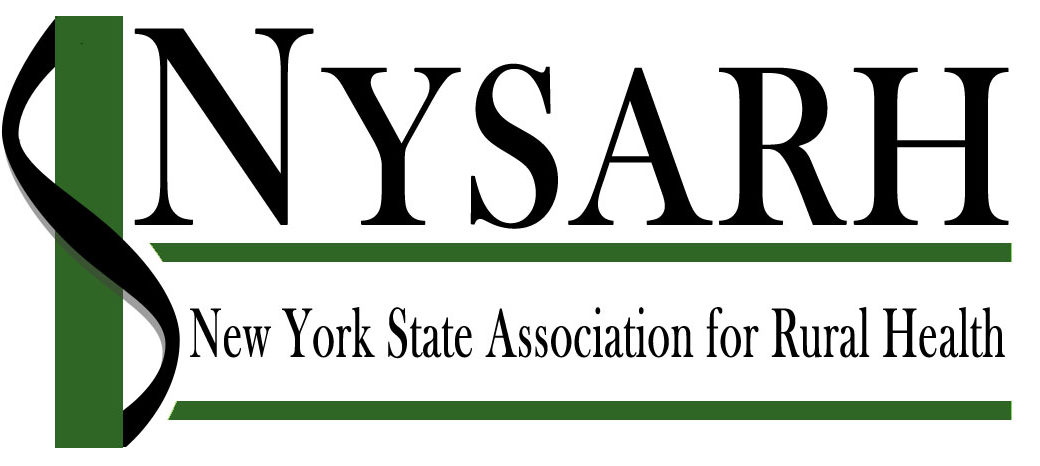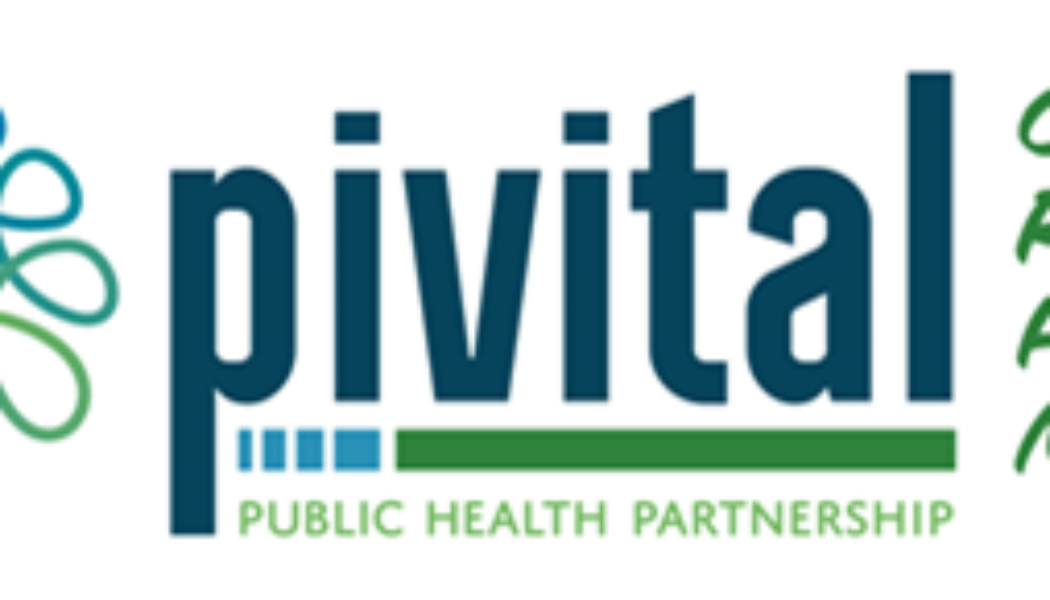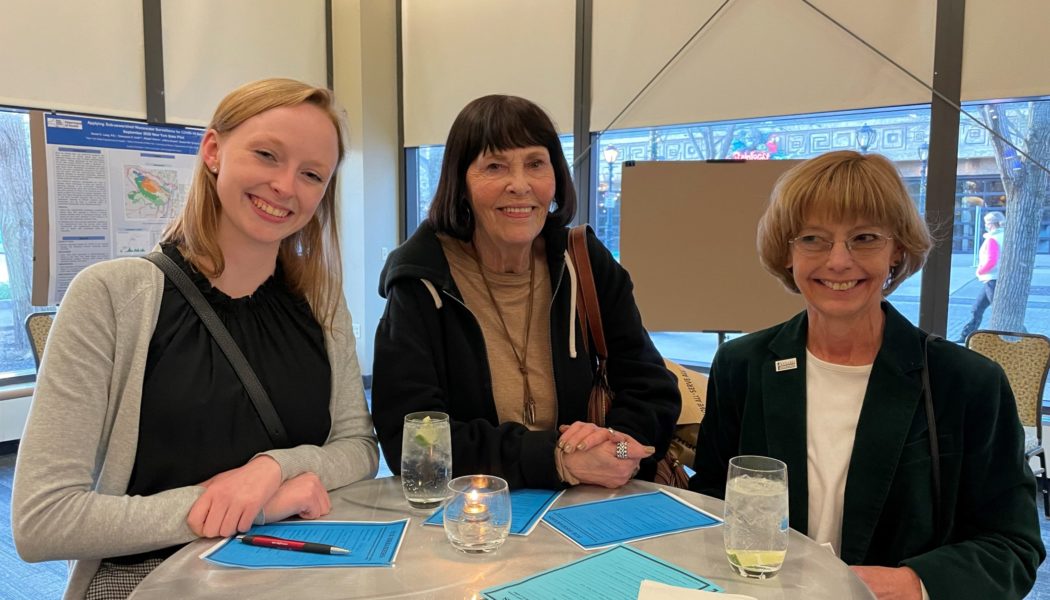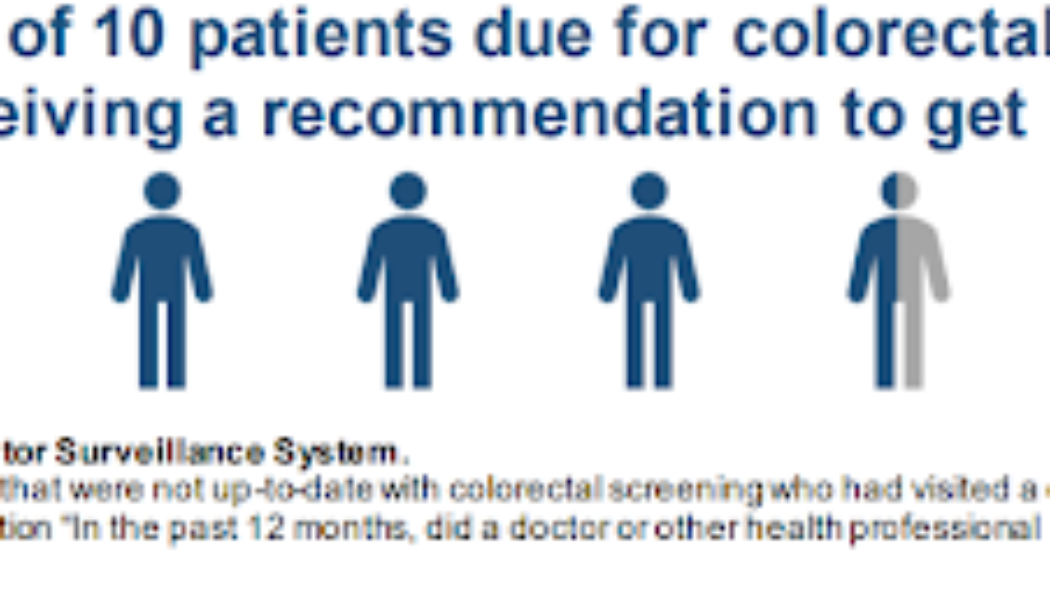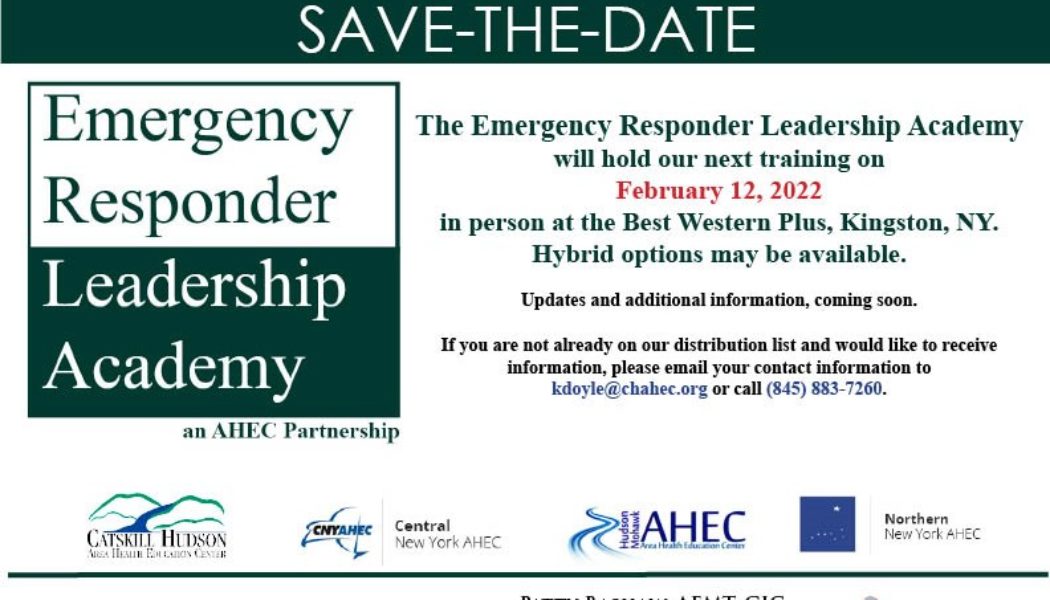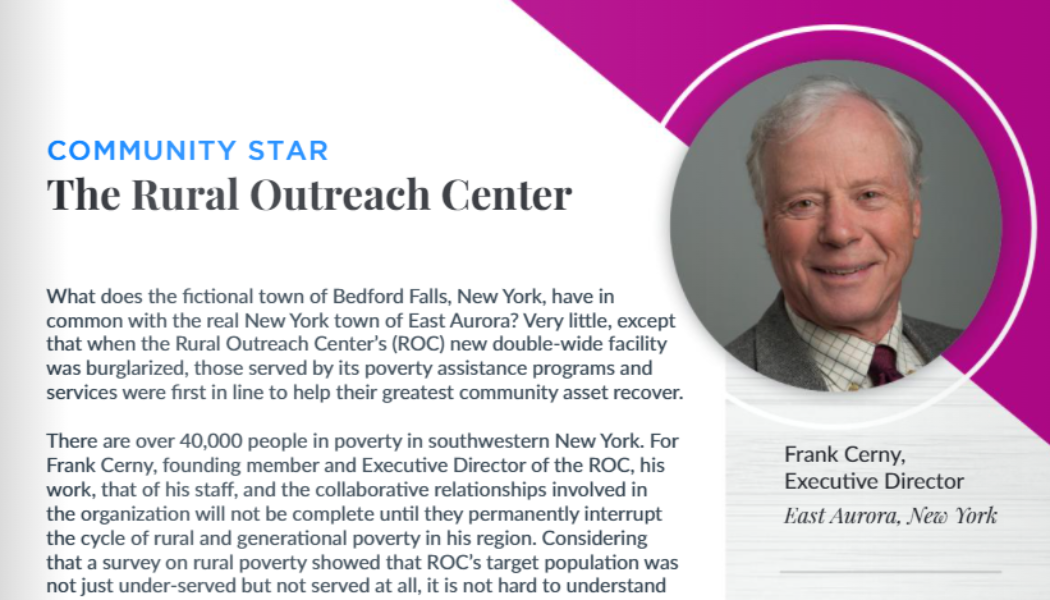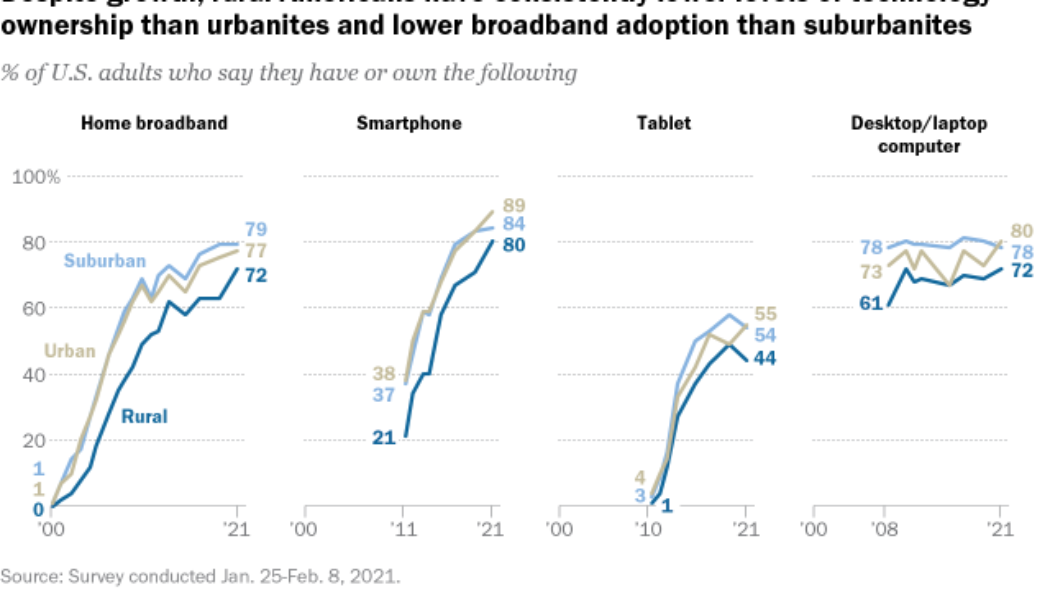Rural Health
Rural-Urban Differences in Adverse and Positive Childhood Experiences: Results from the National Survey of Children’s Health
Adverse childhood experiences (ACEs) are potentially traumatic events of abuse, household dysfunction, and neglect that children may experience between birth and 17 years of age. Prior research has found ACEs to be associated with risky behaviors and poor physical and mental wellbeing outcomes during childhood and into adulthood. Conversely, positive childhood experiences (PCEs) such as a nurturing, safe, and supportive environment allow for healthy development and overall wellness. PCEs help to mitigate the effects of ACEs and other negative events. Research has found that the total number of ACEs that burden an individual can affect subsequent outcomes into adulthood. Individuals who have experienced multiple ACEs are more likely to experience poorer physical and mental health into adult...
Upstate Institute News and Announcements
NYSARH had the pleasure of hosting an Upstate Institute Fellow during the summer of 2022. This program’s news and announcements page may serve as a helpful resource for NYSARH members as many of the projects are centered in rural communities. Upstate Institute News and Announcements >
Apply to a New York State Fellowship Program
New York State has several fellowship programs that provide opportunities in State government to eager and talented individuals from diverse backgrounds. Empire State Fellows: The Empire State Fellows Program is a full-time leadership training program that prepares the next generation of talented professionals for careers as New York State policymakers. The incoming class of Empire State Fellows will serve from September 2022 to September 2024, and receive an annual salary of $76,500, plus a generous benefits package. Applications are being accepted through April 4. Apply and learn more here. Excelsior Fellows: The Excelsior Service Fellowship Program is an initiative to bring highly talented recent graduates of law, graduate and professional schools into government service. Prospective fe...
Rural Hospitals, Short of Staff, Brace for Omicron
https://www.marketplace.org/2021/12/28/rural-hospitals-short-of-staff-brace-for-omicron/ By Savannah Maher Dec 28, 2021 Heard on: Hospitals in the U.S. are struggling to stay staffed up. Many were short of workers even before the pandemic caused an exodus of doctors and nurses from the field. Now, the more transmissible omicron variant is sending some of the remaining workers home, and hospitals are running out of backup plans — particularly in rural areas. Vermont was already in dire need of health care workers, even before the pandemic drove many into early retirement and other careers, according to Jeff Tieman with the Vermont Association of Hospitals. “Our workforce is shrinking and stressed, you know, at a time when we need it to be growing and resilient,” he said. In New Mexico, more...
Some Digital Divides Persist Between Rural, Urban and Suburban America
PEW RESEARCH TRUST AUGUST 19, 2021 BY EMILY A. VOGELS Rural Americans have made large gains in adopting digital technology over the past decade and have narrowed some digital gaps. However, rural adults remain less likely than suburban adults to have home broadband and less likely than urban adults to own a smartphone, tablet computer or traditional computer. Read more
